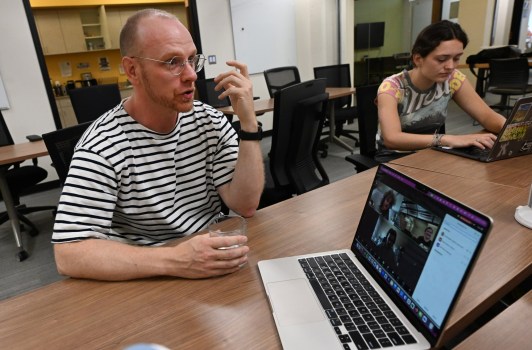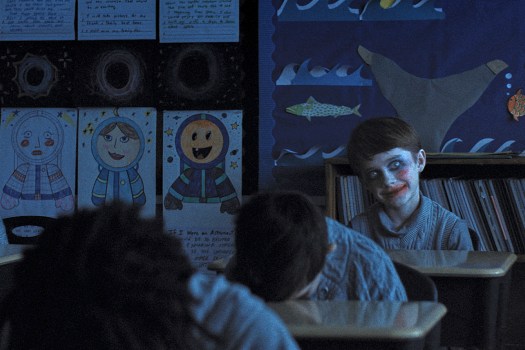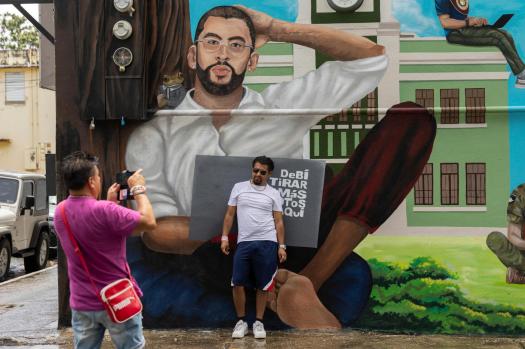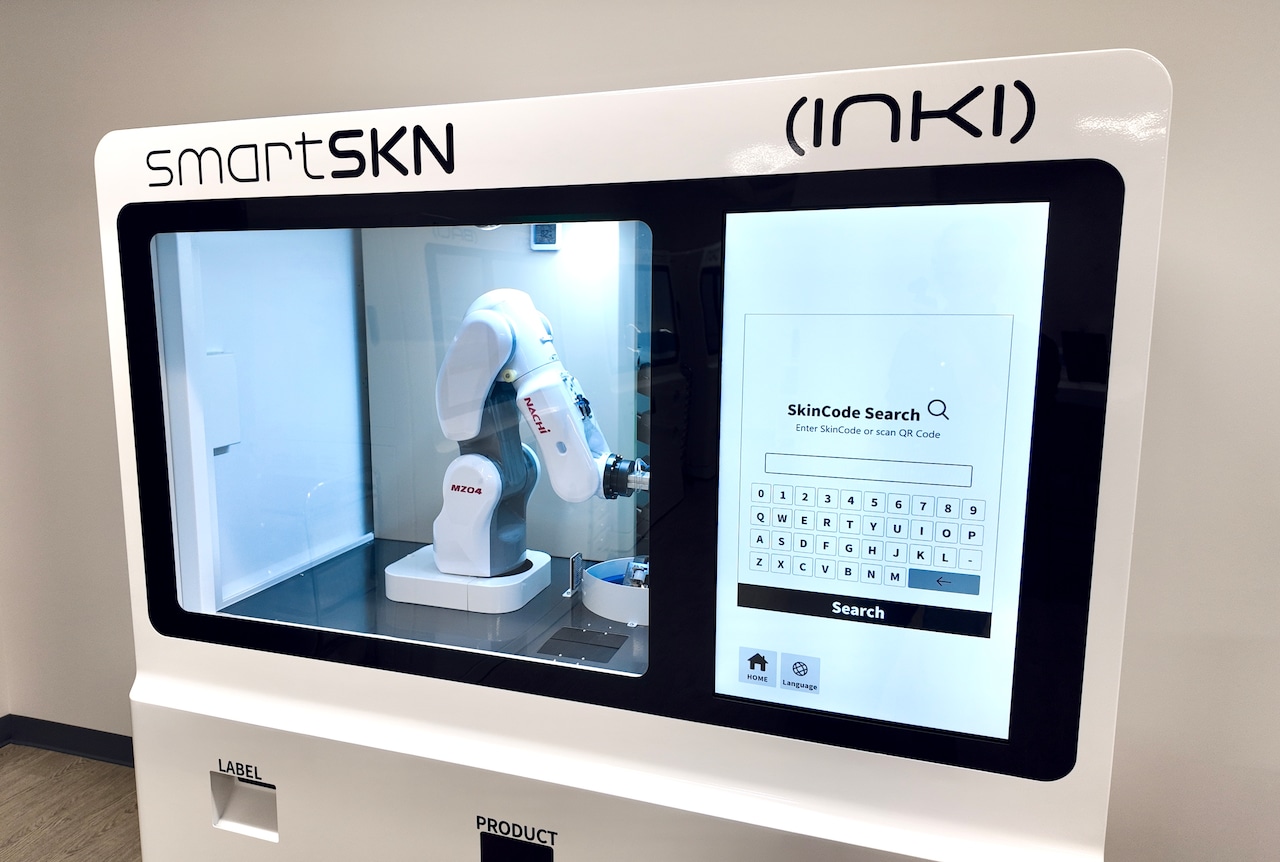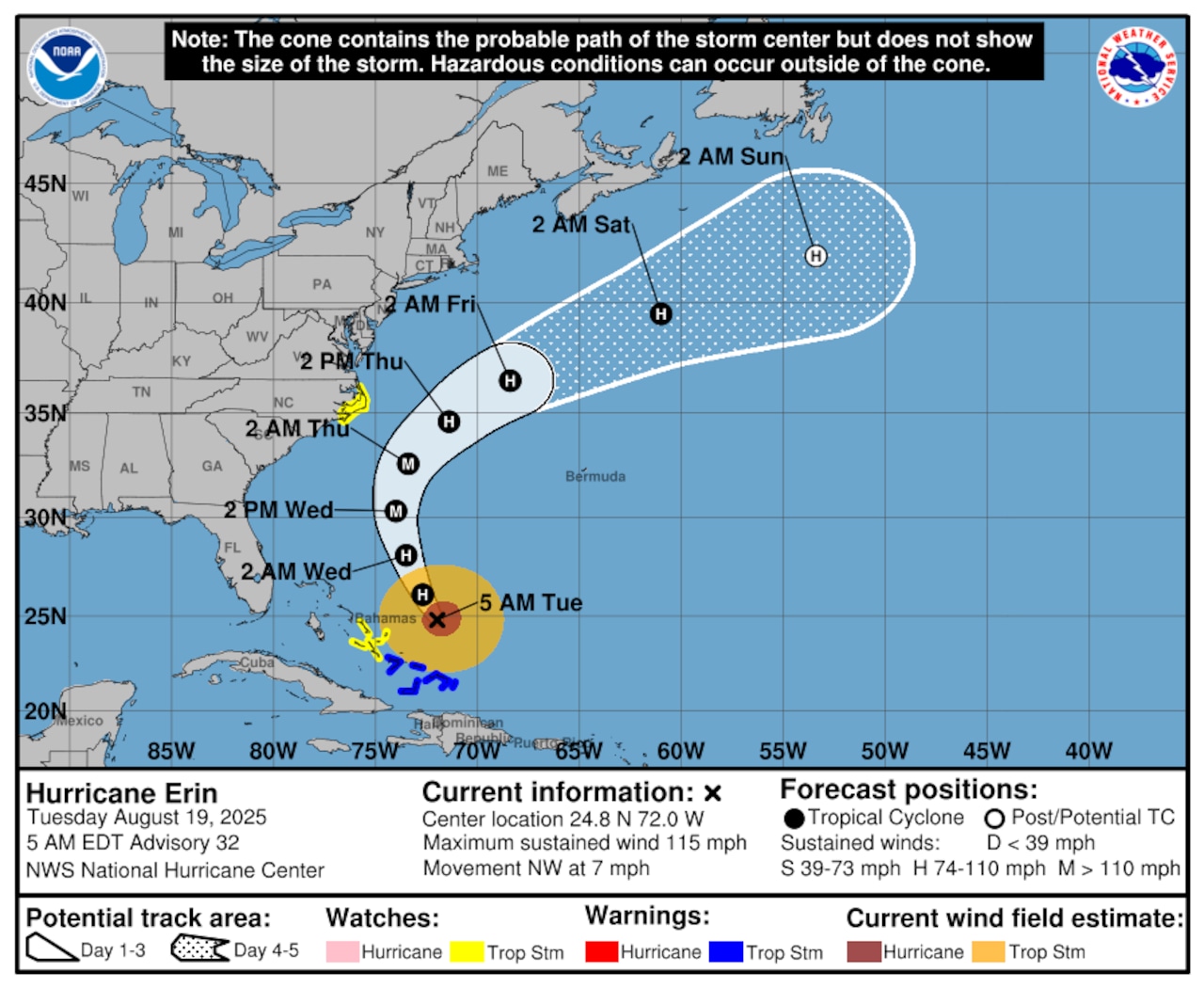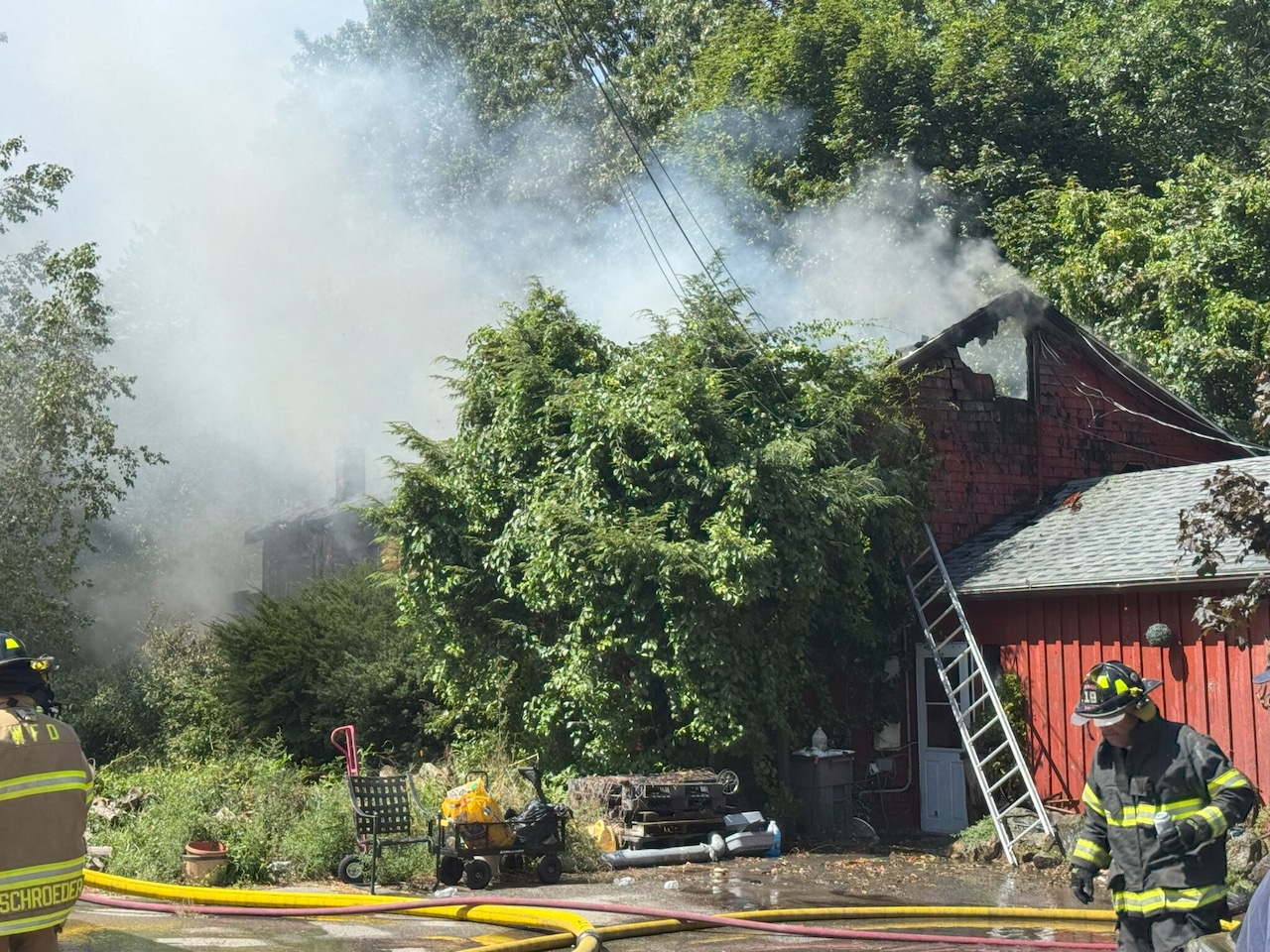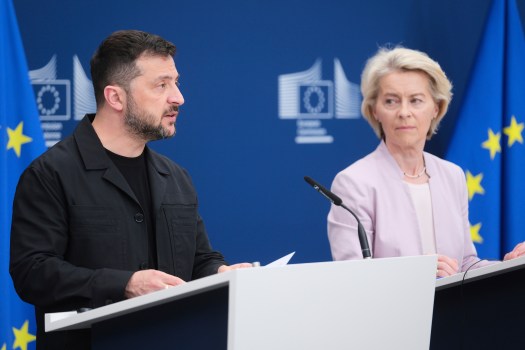Consider connecting with an AI video of a buddy who has passed away and who can still behave, speak, and engage as if they were still alive. Or, being able to use a texting tool that can respond to inquiries about a deceased family member’s life experiences or final desires.
This kind of artificial intelligence, or AI, is actually not that far off. It’s already here in certain circumstances.
The question is not whether generative ghosts will appear, but rather when. Jed Brubaker, a lecturer at the University of Colorado Boulder, stated. Therefore, it’s critical that we begin to consider what that will look like right away so that we can build them to be the most pro-social, good version possible. We can also be thoughtful and steer clear of unforeseen and undesirable effects that we want to make sure we avoid.
AI ghosts, sometimes referred to as generative ghosts, are artificial intelligence agents created to function as or on behalf of a deceased person.
Daniel Sullivan, a PhD student at CU Boulder, said it’s thrilling to be at the vanguard of something so novel and unusual.
According to Sullivan, it usually causes a strong emotional response, such as “that is a very scary or dystopian thing.” However, I believe it can exist in a variety of ways and from a wide range of perspectives, and it does exist in certain forms already.
Because the generative ghosts can create new content using data, such as emails and movies, they will be more capable than an AI chatbot like ChatGPT.
According to Brubaker, one way ghosts could differ is in the type of embodiment they might possess. Instead of speaking with you over the phone or in virtual reality, a ghost is texting you. Since what is appropriate, what people like, and what is beneficial versus detrimental are all influenced by the type of embodiment or how people are interacting with it, we will need to pay attention to the different ways that we will interact with these things.
In a report titled Generative Ghosts: Anticipating Benefits and Risks of AI Afterlives, Brubaker and his team of academics at CU Boulder analyzed and gathered data regarding what is now known about AI ghosts.
Several start-up companies are already providing services enabling customers to construct their own AI ghosts while they are still living, according to the publication.
For instance, Re;memory provides a DeepBrain AI that, following a seven-hour interview and recording session, generates an interactive virtual depiction of a person so that friends and relatives can interact with their memory after they pass away.HereAfter2 offers a chatbot app that conducts user interviews to generate a digital representation of a person after death.
AI ghosts of historical personalities are being produced for public usage by certain museum curators and archives. For instance, Brubaker mentioned that his MIT colleagues are working on a ghost for Leonardo da Vinci for a museum in Paris. According to Brubaker, the academic area of Holocaust studies is attempting to use artificial intelligence (AI) to preserve the memories and experiences of the final generation of Holocaust survivors, many of whom are nearing the end of their lives.
According to Brubaker, there may be merit to these interactive ghosts that might commemorate historical legacy and foster a sense of connection with the past.
By inviting individuals to engage with AI ghosts and documenting their thoughts and emotions, Brubaker’s group is currently investigating how people feel about these entities.
Ultimately, everything will move quickly and fall apart quickly if you don’t take into account people’s sentiments, reactions, and emotions, according to graduate student Jack Manning. In order to produce something that will hopefully endure and be advantageous to the users, we are attempting to keep the user in mind.
According to Manning, the debate between representation and reincarnation in AI ghosts excites him the most.
Is it better for generating ghosts to maintain a certain degree of distance or to completely reincarnate the person they are based on, speaking and acting as them? Manning inquired.
However, there are a number of hazards as well, such as moral dilemmas. One problem and significant unknown, according to Brubaker, is how an AI ghost may affect grieving; this is an area that need further study. It’s unknown if an AI ghost would ease the grief process or make it more challenging.
Whether a deceased individual intended to leave an AI ghost behind is another matter. According to Brubaker, there will be unforeseen negative effects or repercussions if AI systems are not made to die.
I believe that in the next three years, we will begin to have agents for everything. If we do not consider what should happen to us when we pass away and how they should handle them, we will end up with a lot of unintended or accidental ghosts. Brubaker stated.
Numerous more possible hazards are listed in the group’s study.
For example, an AI ghost may give fake information or share truthful information that the deceased would not have wanted to be known. Additionally, post-mortem identity theft and the use of AI ghosts to take advantage of live loved ones for financial gain are possibilities. If a third party creates an AI ghost on someone else’s behalf or if someone accesses a deceased person’s data who shouldn’t, there is also a risk to data and privacy.
Malicious spirits could even be created by some humans. According to the team’s report, for instance, an abusive spouse may become a generative ghost who mistreats their remaining family members verbally and emotionally.
According to the paper, malicious ghosts may be created to participate in illegal economic activities as a means of generating revenue for the deceased’s estate or to support a variety of causes, including potentially illegal ones, in addition to ghosts that may harass, stalk, troll, or otherwise mistreat the living after death.
However, according to Brubaker, there are a number of other reasons why someone might choose to leave an AI ghost of oneself. For instance, a parent who has been diagnosed with terminal cancer might choose to write a letter for his child’s birthday each year while he is away. He could use AI to make it a ghost instead of text. Alternatively, an AI ghost could assist with memorial arrangements or elucidating last intentions as specified in a will.
Grief evolves over time, Brubaker continued. Perhaps an AI ghost is too much a year after a loved one passes away. However, it’s pleasant to hear the spirit speak in their voice once more, perhaps after ten years.
Finding the social, emotional, and cultural elements that affect how people perceive and benefit from ghosts is a component of the lab study we’re now doing, according to Brubaker.
